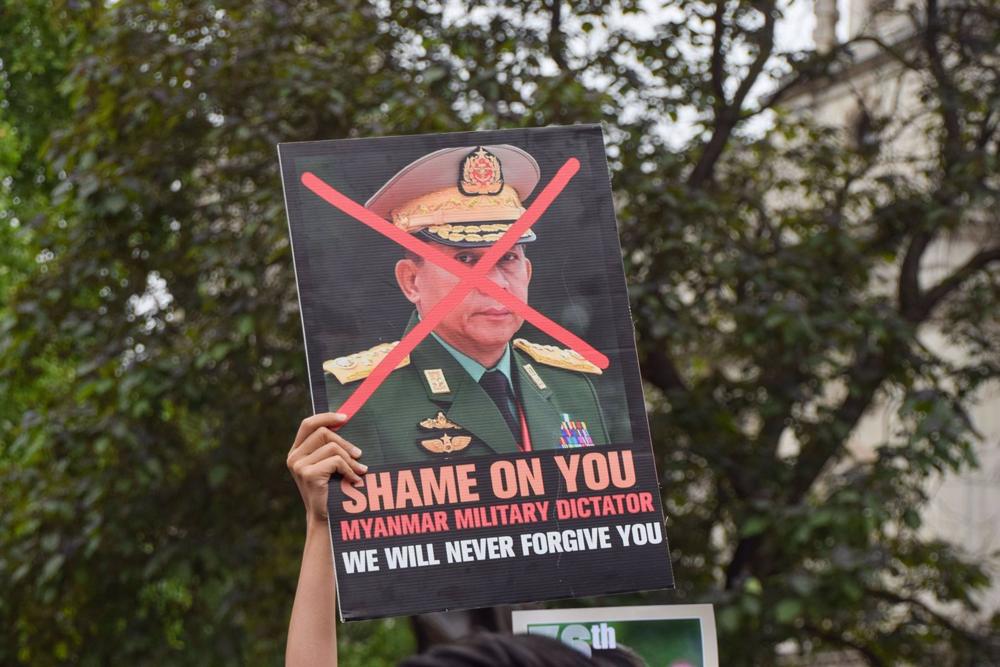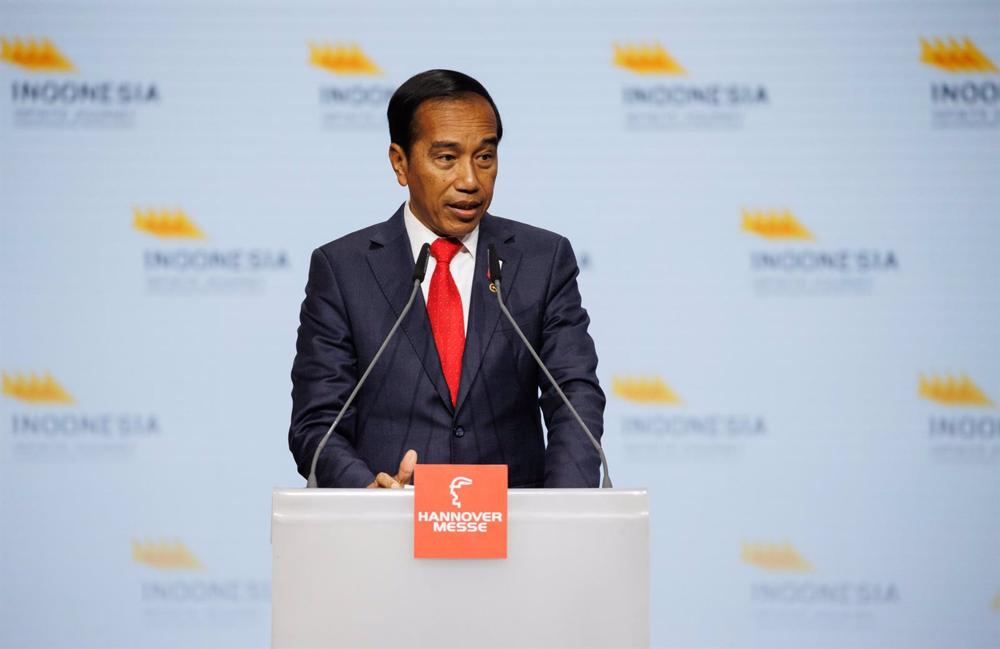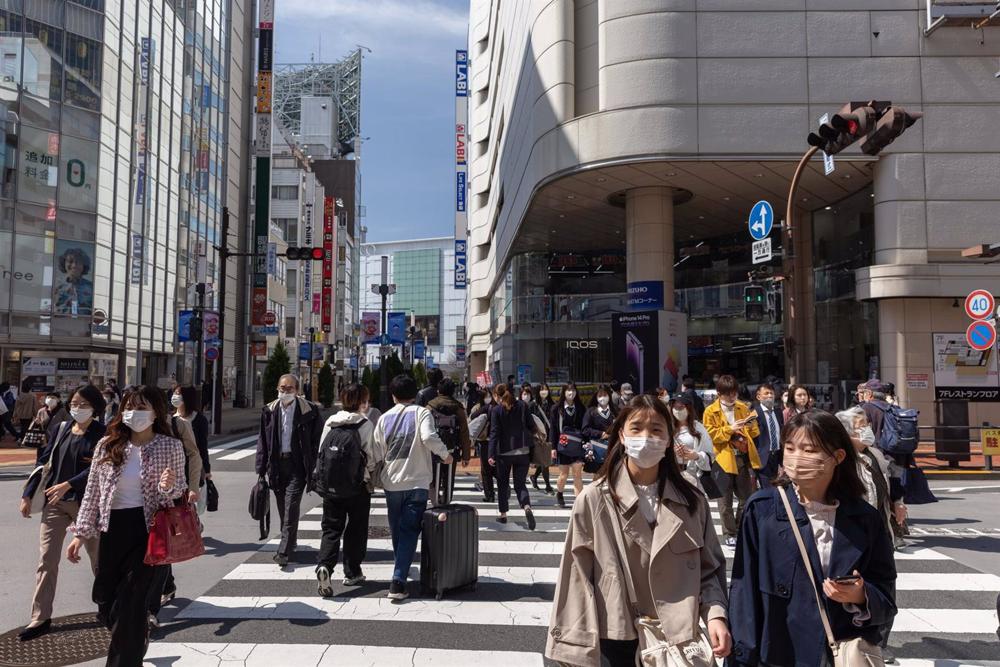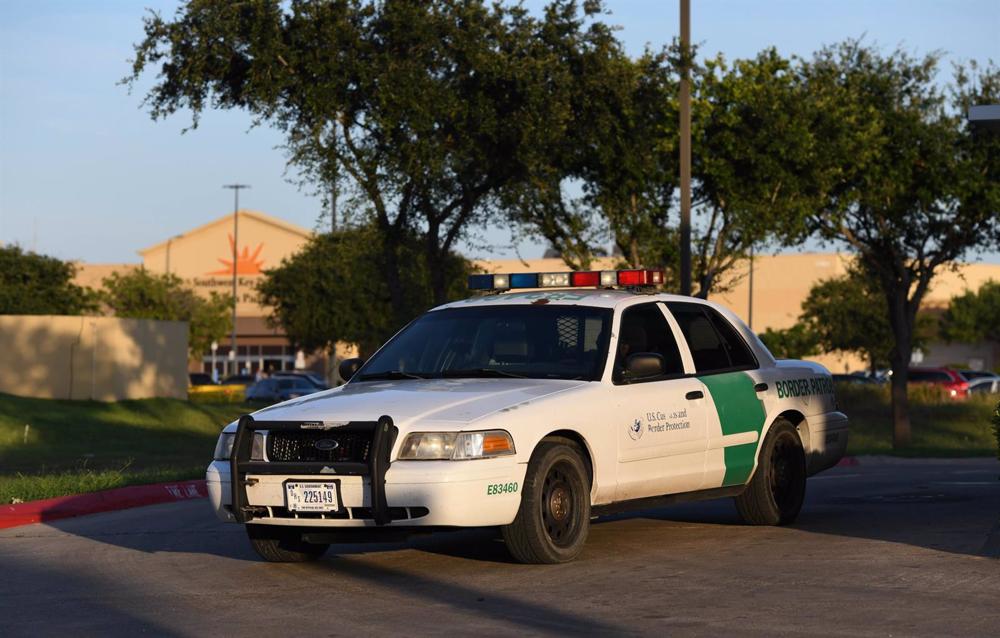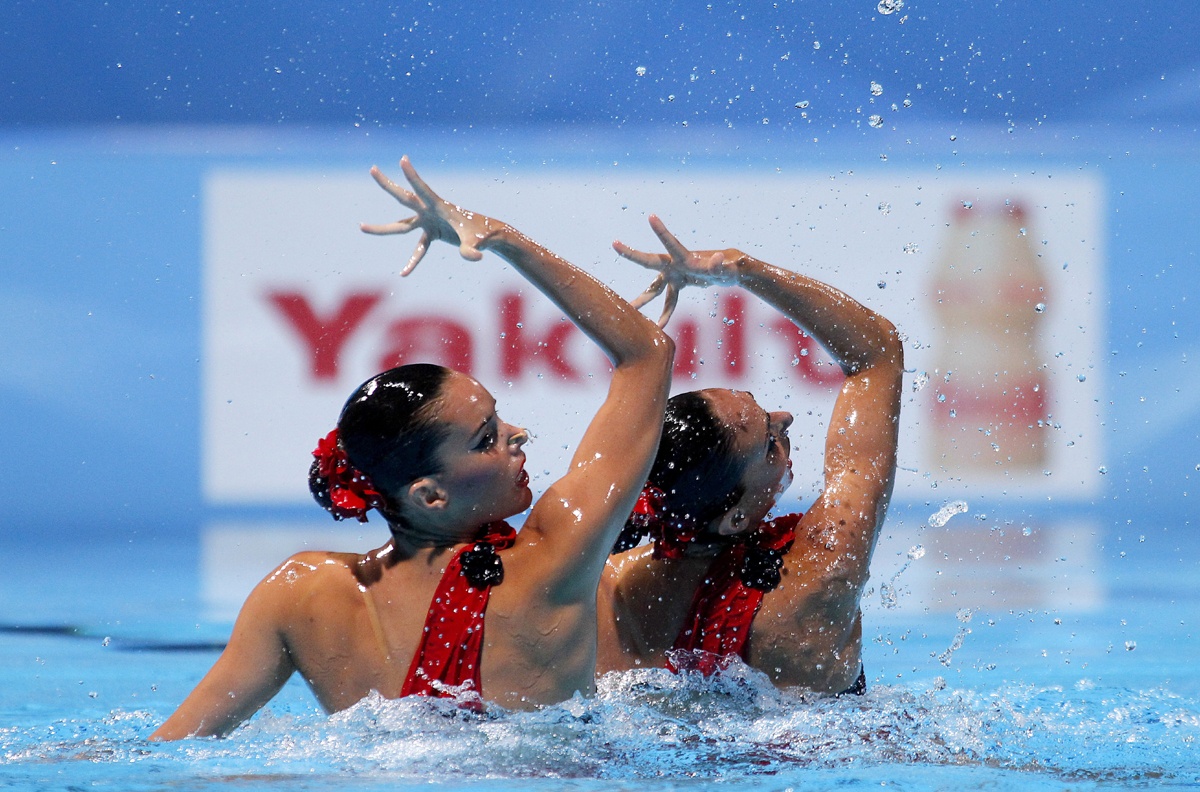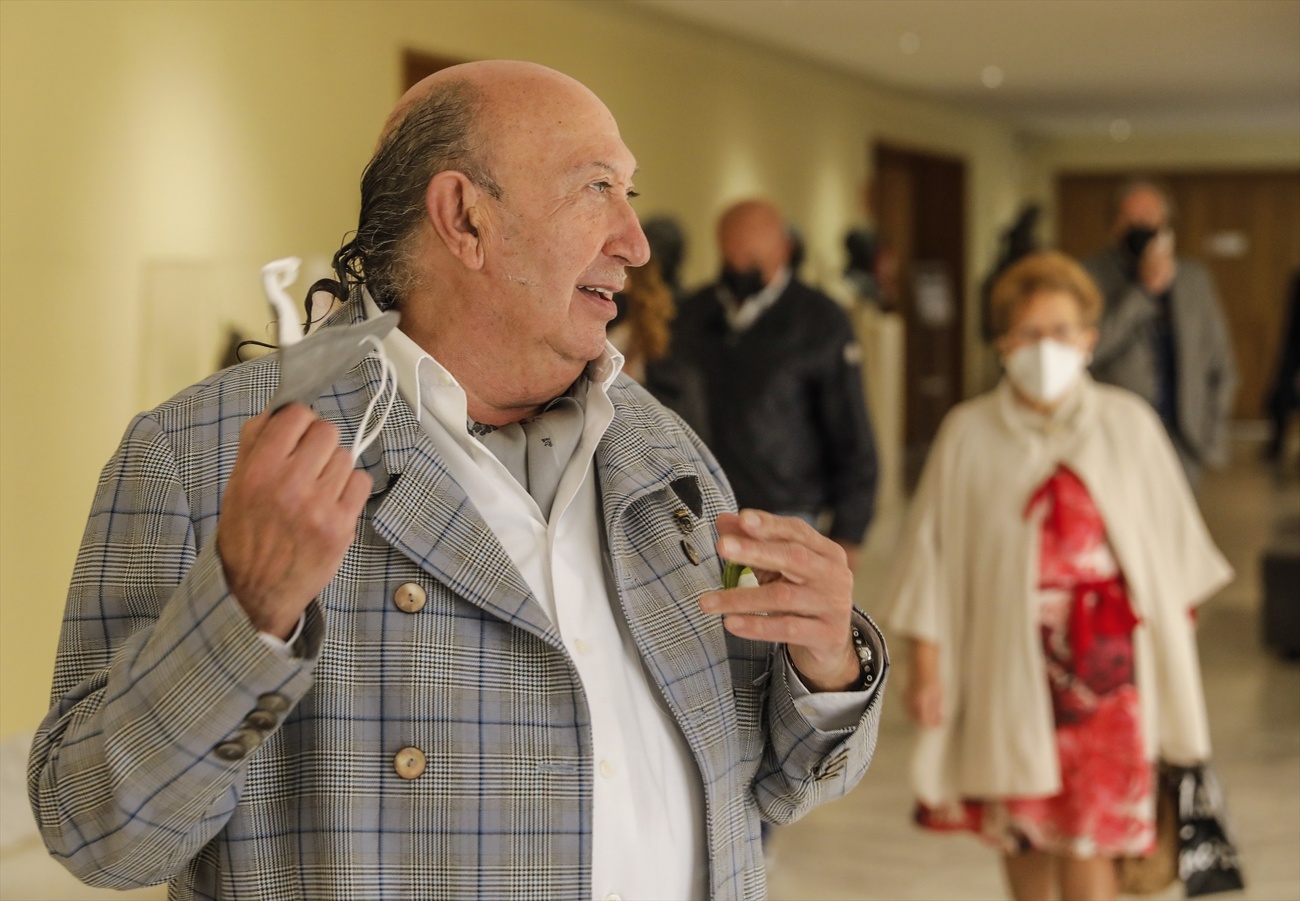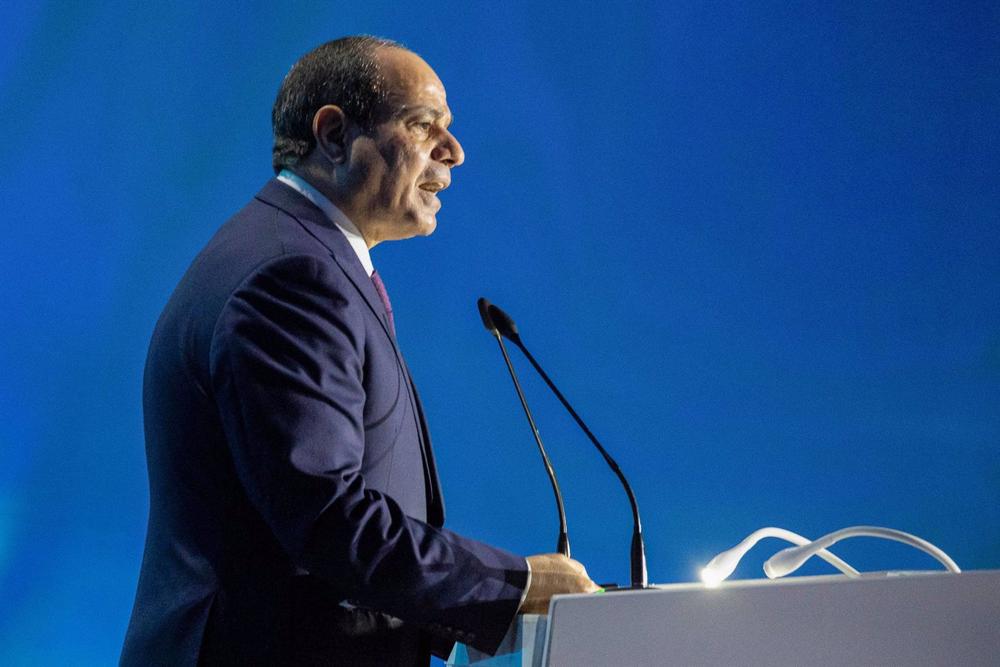
The United Nations High Commissioner for Human Rights, Volker Turk, on Tuesday called for the «immediate» release of prominent Egyptian activist Alaa Abdelfatah, after he announced that he is refusing to drink water as part of a hunger strike he has been on for more than 200 days to protest against his imprisonment in the African country.
«I call on the Egyptian government to immediately release Abdelfatah from prison and give him the necessary medical treatment,» said Turk, who warned that the activist «is in grave danger.» «This dry hunger strike puts his life at serious risk,» he said, before adding that the issue of this activist and other «individuals arbitrarily deprived of their freedom» has been addressed «on multiple occasions» with the authorities in Cairo.
He called on Egypt to «fulfill its human rights obligations and immediately release all those arbitrarily detained, including those detained pending trial, as well as those unjustly convicted». «No one should be detained for exercising their basic rights or defending those of others,» Turk explained.
He also called on the Egyptian authorities to review all laws limiting freedom of expression, assembly and association and warned against possible reprisals against people who support activists, particularly Abdelfatah’s family members, while stressing that it is the government’s responsibility to protect the rights and safety of the population.
Abdelfatá, a leading Egyptian blogger and one of the main figures in the popular uprising against Hosni Mubarak in 2011 as part of the ‘Arab Spring’, has been in prison for nine years and in 2021 was sentenced to another five-year jail term for «spreading false news», charges that various NGOs have labeled as trumped up.
The current Egyptian president, Abdelfatá al Sisi, came to power in a coup d’état in July 2013, which he led after a series of mass demonstrations against the then president, the Islamist Mohamed Mursi, the first democratically elected president of the country, who died in 2019 during a court hearing against him following his arrest after the uprising.
The leader has promoted a broad campaign of repression and persecution against opponents, both liberal groups and Islamist organizations – going so far as to declare the Muslim Brotherhood a terrorist organization – an initiative that human rights groups have denounced as the most serious in recent times.
